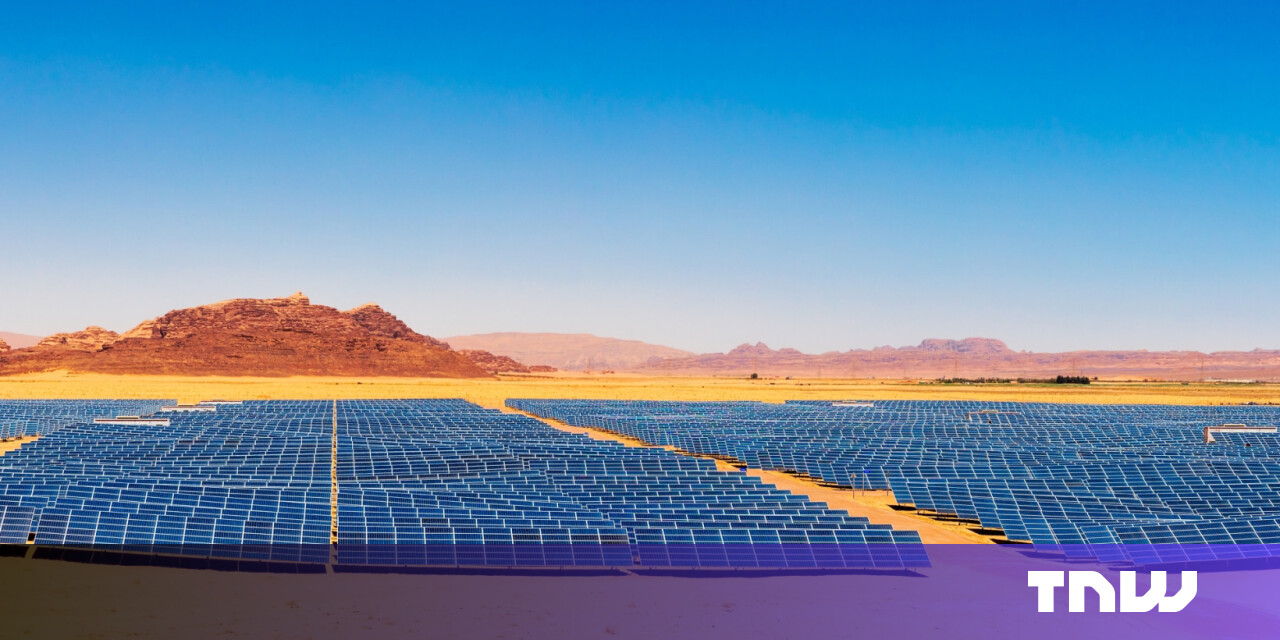#£20B plan to power the UK with Moroccan sunshine might actually go ahead

Table of Contents
But when British startup Xlinks announced in 2021 its plans to send several gigawatts of Moroccan solar and wind power to the UK via the world’s longest subsea cable, I’m sure even the most bullish engineers (and investors) were sceptical, and rightly so.
Under the plans, electricity from the Guelmim Oued Noun region of southern Morocco would be supplied via cables running 3,800km under the sea — through Portuguese, Spanish, and French waters — to the tiny North Devon village of Alverdiscott, where it would be connected to the national grid.
Similar schemes in recent years have struggled to gain traction. In 2009, European, African, and American investors founded the Desertec Foundation to build solar plants in the Sahara, but that effort floundered a few years later because of high transport costs and instability following the Arab Spring uprisings. Up north, a proposed interconnector between Scotland and Iceland — dubbed ‘IceLink’ — lost momentum due to cost and permit obstacles.
There have been a few success stories, however, such as the North Sea Link between the UK and Norway, which became operational in 2021 and holds the title of the world’s longest subsea interconnector. Norway uses the link to import electricity at times of peak supply in the UK and vice versa, allowing more flexibility in both countries’ energy grids.
It makes sense to connect countries with different weather patterns, allowing them to help one another when there’s little local wind or sun. For instance, if the North Sea (where the UK has thousands of wind turbines) is calm, the weather might be sunny or windy in Morocco. And on blustery days in Italy, utilities could sell cheap surplus solar power to Tunisia, where most electricity is generated with natural gas.
Nevertheless, a project of Xlinks’ size or scale has never been undertaken, let alone approved by the respective authorities.

The electricity would be supplied by a gigantic solar (7GW) and wind (3.5GW) farm capable of generating a combined 10.5GW of clean electricity. The huge plant would exploit Morocco’s plentiful sunshine and brisk evening winds. Xlinks claims the project could power over seven million British homes by 2030, meeting around 8% of the country’s electricity needs.
The Xlinks project has echoes of Suncable, a billionaire-backed plan to send solar power from Australia to Singapore via Indonesia. There are also plans for another such 1,400km subsea cable sending 3GW of green energy from Egypt to Greece.
On the right track
Sir Dave Lewis, former boss of Tesco and executive chair at Xlinks, told the Financial Times that the costs for the entire project were now estimated at between £20bn and £22bn.
Even though Xlinks has only raised £45mn so far — from investors Octopus Energy and the Abu Dhabi National Energy Company — it received a major boost last week after it was declared a project of “national significance” by Claire Coutinho, the UK’s new energy secretary.
“The proposed project could play an important role in enabling an energy system that meets the UK’s commitment to reduce carbon emissions and the government’s objectives to create a secure, reliable and affordable energy supply for consumers,” said the secretary.
Under the national significance designation, the infrastructure needed on the UK side of the ocean would be approved by the government, instead of local authorities, which could help the project acquire planning permission more quickly. It could also provide investors with more confidence to buy into the scheme.
“This is a major milestone for our project, which provides certainty and clarity over the legal process and timescales for consenting the project,” said Xlinks’ CEO Simon Morrish. “The decision reflects the real difference that our project can make to the country’s climate commitments and energy security.”
While this is a positive step forward, Xlinks will still need to build the world’s longest high-voltage direct current subsea cable, secure a lot more funding, agree long-term pricing contracts, and be granted permission to run through Spanish and French waters.
Nevertheless, if the startup can deliver on its objectives the project will go a long way toward accelerating the UK’s energy transition, at a time when the world needs clean energy more than ever.
If you liked the article, do not forget to share it with your friends. Follow us on Google News too, click on the star and choose us from your favorites.
For forums sites go to Forum.BuradaBiliyorum.Com
If you want to read more like this article, you can visit our Technology category.




